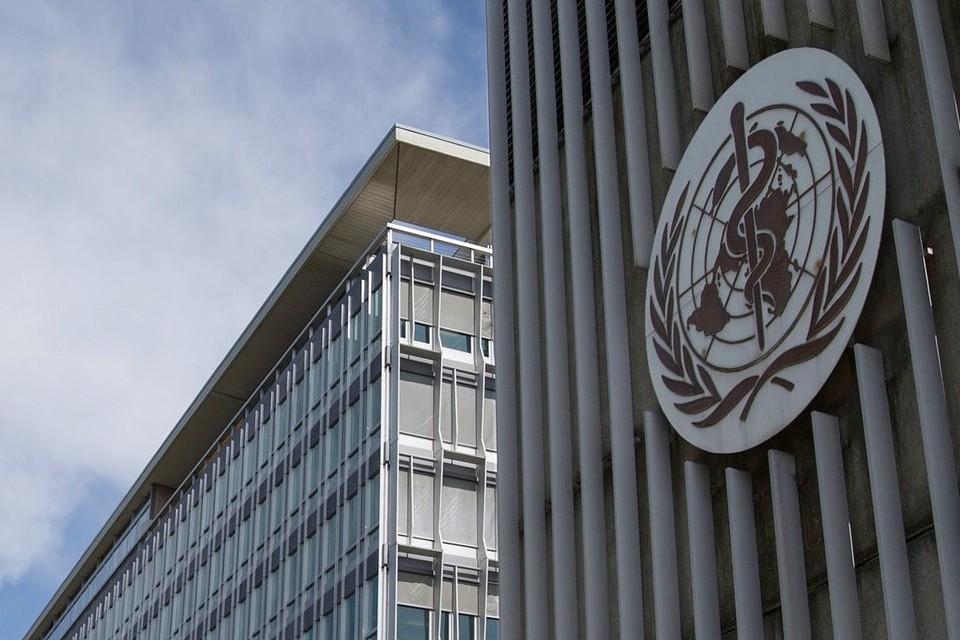The head of the team dedicated to cholera at the WHO, Philippe Barboza, pointed out that outbreaks of the disease have been reported in 26 countries, a considerable increase if one takes into account that between 2017 and 2021 less than 20 countries registered similar situations in an entire year.
The World Health Organization (WHO) expressed this Friday, September 30, its concern about the growth of cholera outbreaks in the world. It is a disease that is directly related to poverty and can kill someone in a matter of hours if it is not treated quickly.
According to the agency, in the first nine months of the year, 26 countries reported outbreaks of the disease, a considerable increase if one takes into account that between 2017 and 2021 less than 20 countries registered similar situations in an entire year.
*Also read: Pregnant women protest in front of a hospital in Maracaibo to demand medical attention
“The problem, moreover, is not only that we have more cholera outbreaks, but that these are larger and more deadly,” said Philippe Barboza, head of the WHO cholera team.
According to the WHO, one of the most serious episodes has been reported in Syria, where 33 people have died of cholera and nearly half a thousand have recently suffered from the disease, which represents a significant health risk for this country overwhelmed by more than a decade of armed conflict.
In South-East Asia, particularly in Pakistan, India, Bangladesh, Nepal and Afghanistan, there is also an alarming spread of cholera.
Barboza commented that climate change has become an aggravating factor for cholera because extreme weather events -whether floods, cyclones or droughts- reduce people’s access to water suitable for consumption, creating the ideal conditions for this disease to spread. extend.
In other regions, Iran and Iraq are also experiencing worrying outbreaks of cholera, as well as in Africa, notably in Nigeria, Niger, Somalia and Ethiopia.
There is a vaccine for cholera, but currently reserves “are very limited” and the few million doses that are available will be used to try to control the current emergency.
“We do not have enough vaccines to respond to acute outbreaks and even less to launch preventive vaccination campaigns, which would be a way to reduce risks,” Barboza lamented. EFE.
Post Views:
85








